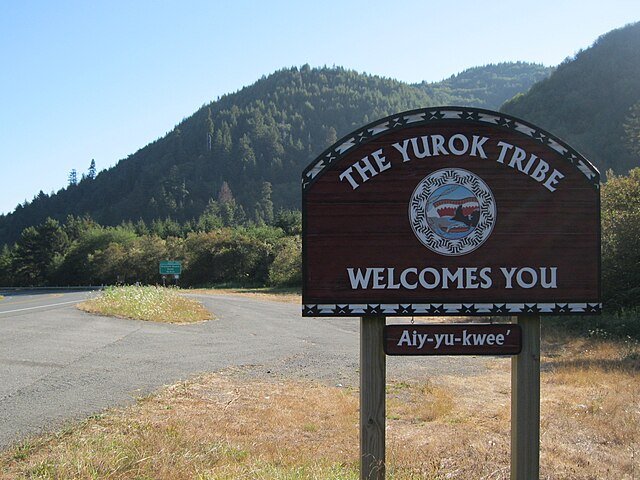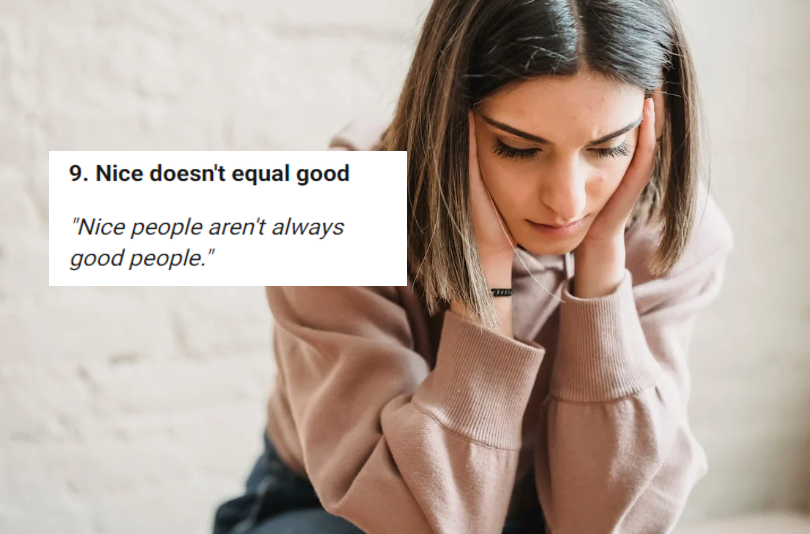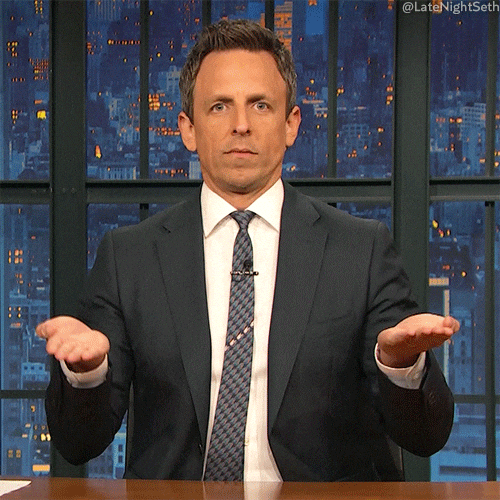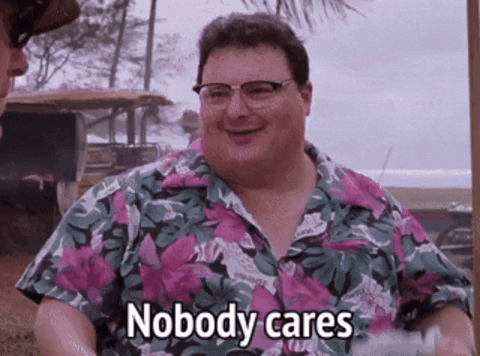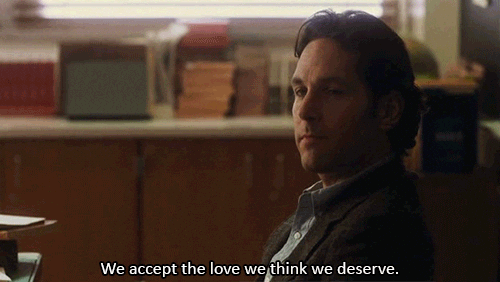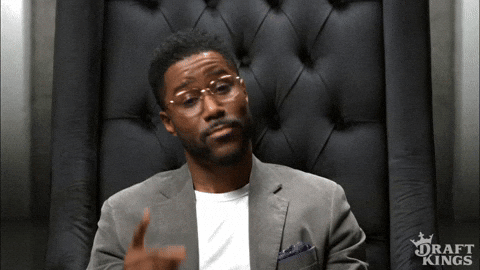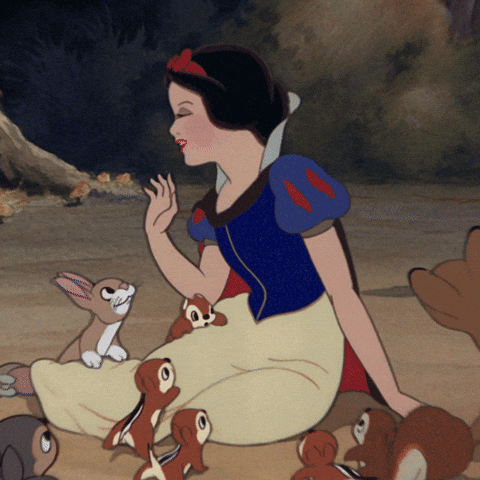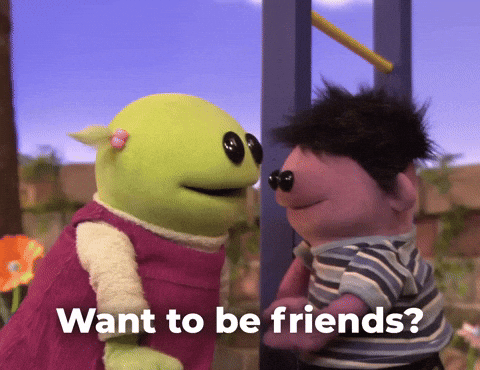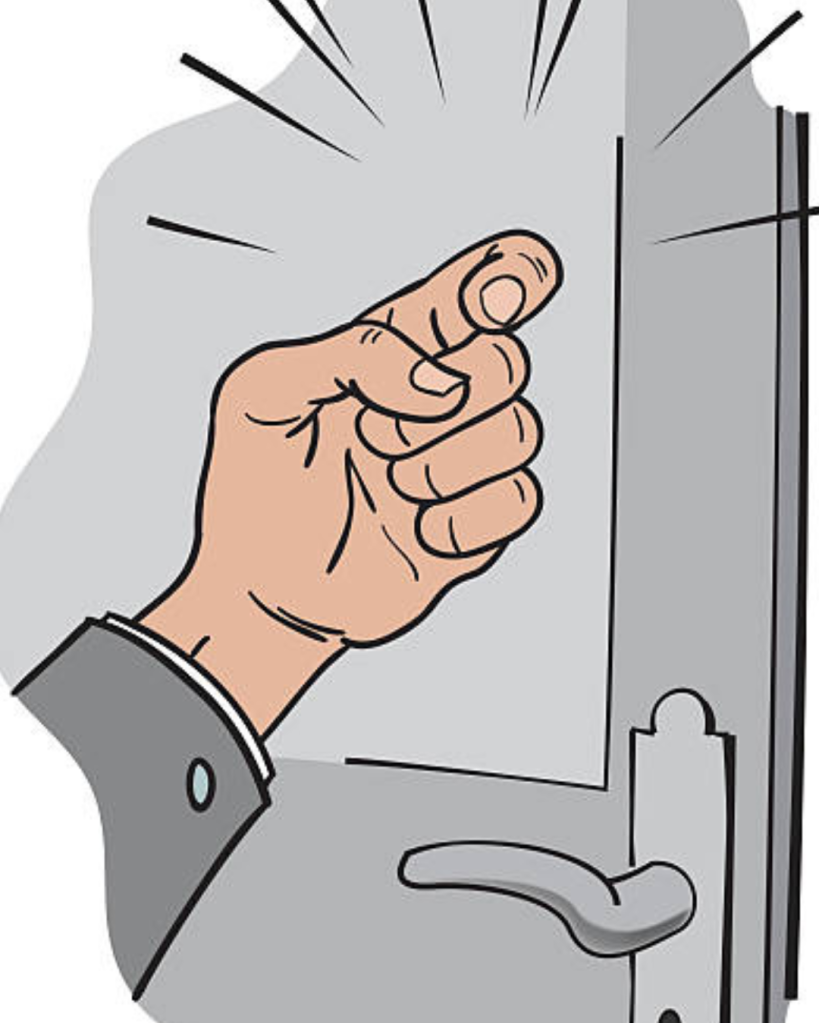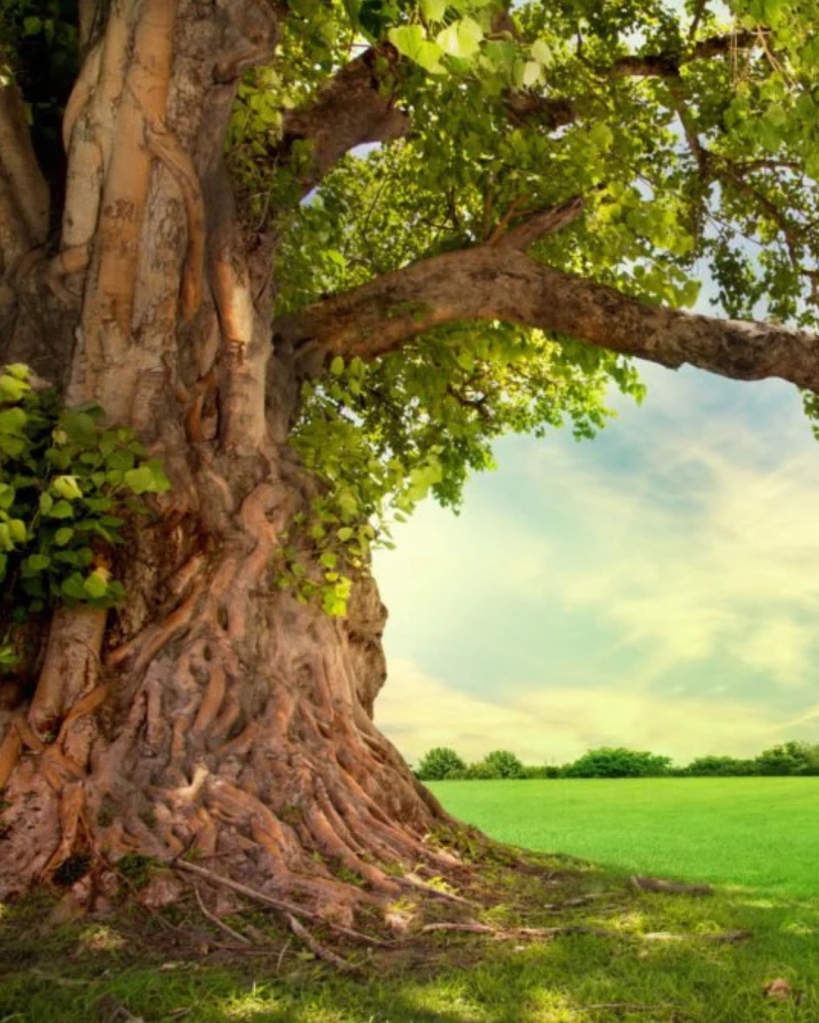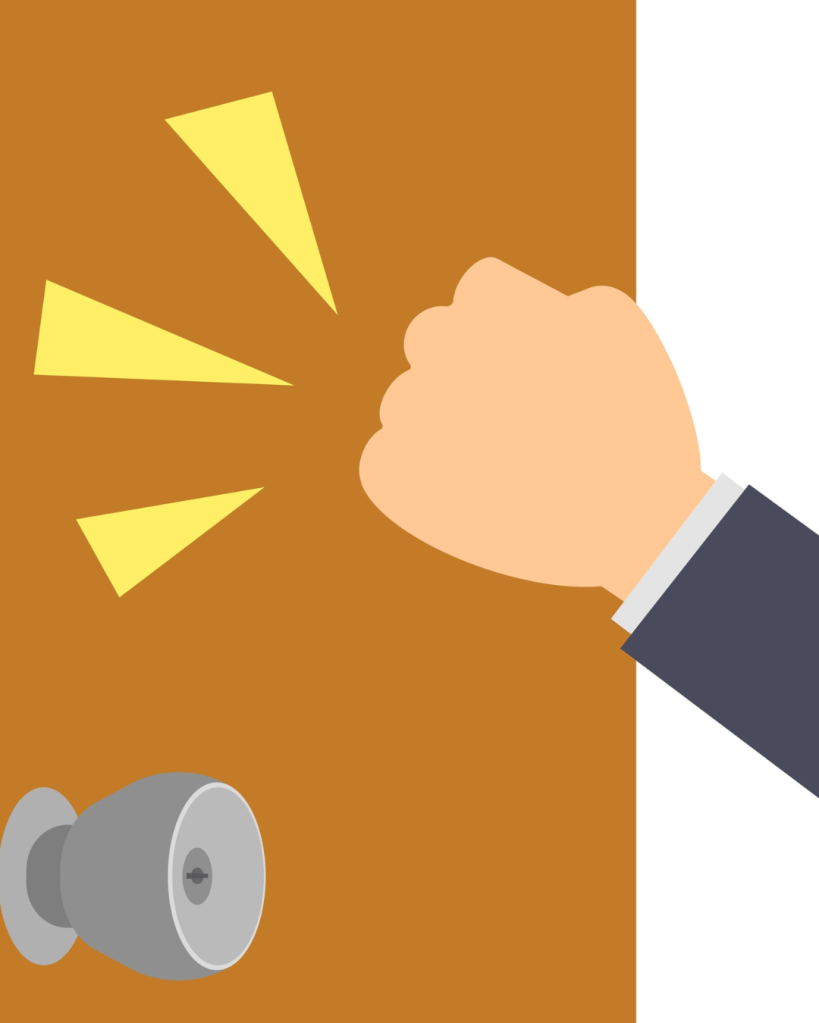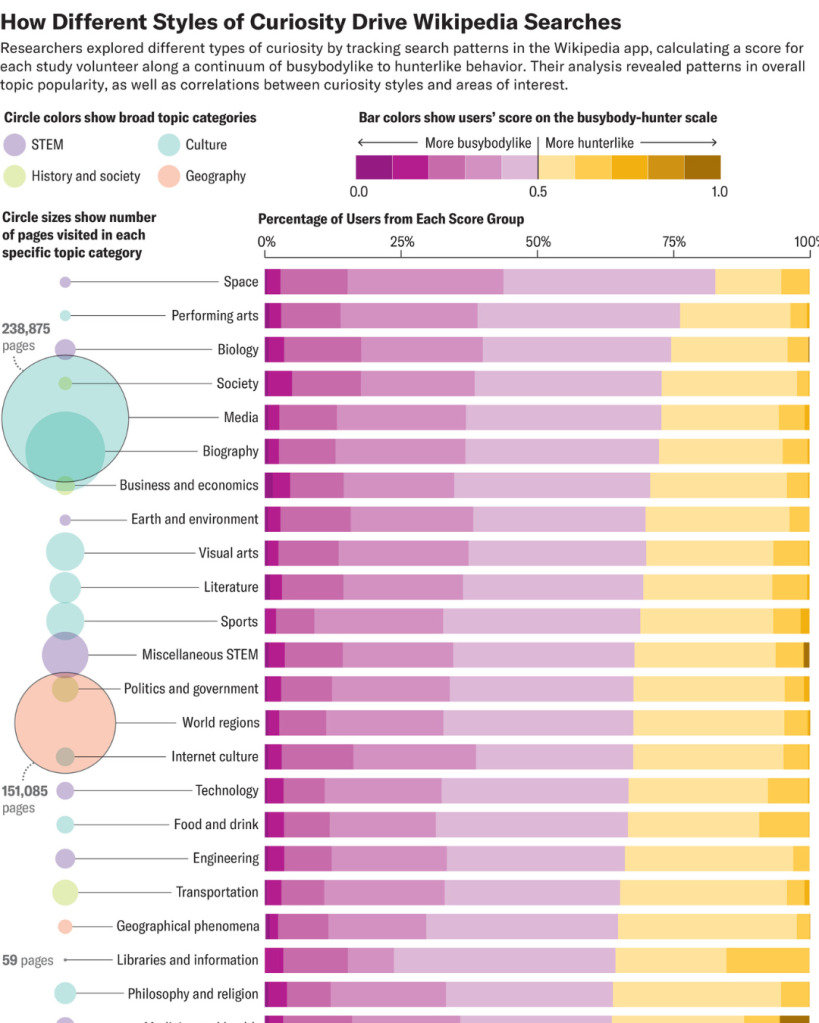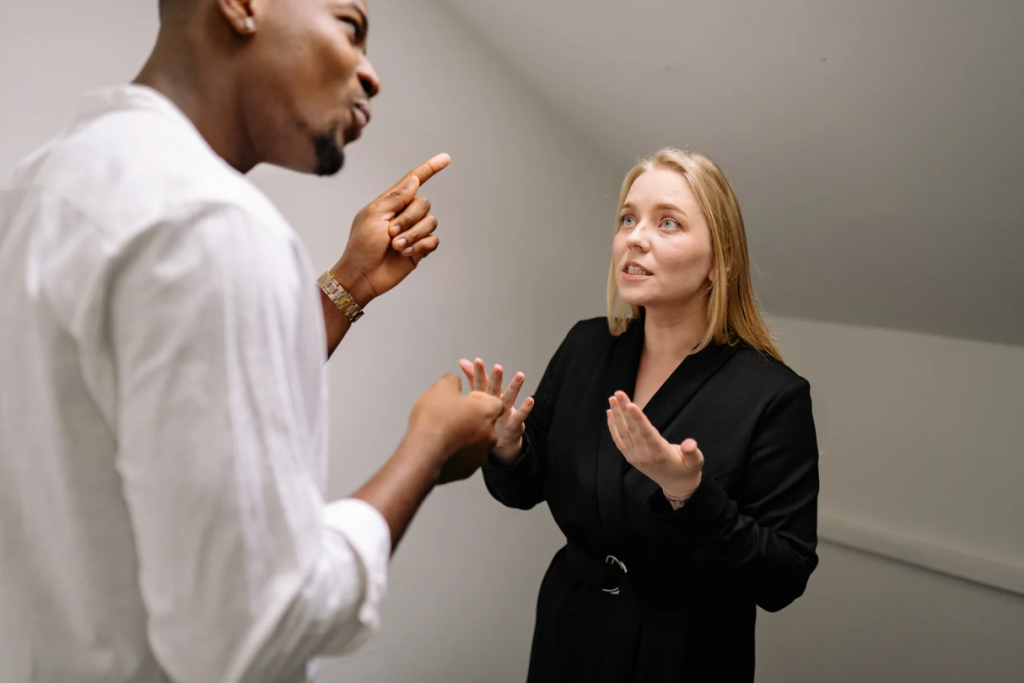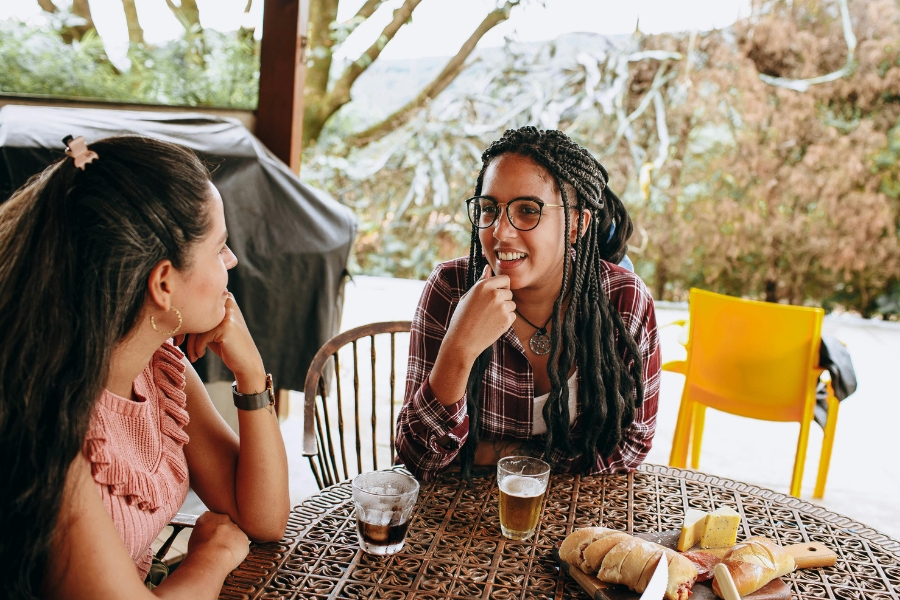The history of colonialism and the stealing of lands from indigenous peoples in the Americas is fraught with pain and suffering that has gone unseen by many. A growing Land Back movement has been fighting, in part, for indigenous people’s reclamation of their ancestral homelands and the restoration of land management based on Native knowledge and practices.
One small but significant move in that direction has taken place in the redwood forests of northern California. The Yurok Tribe, who had 90% of their homelands stolen during the Gold Rush, has joined the Redwood National and State Parks and the nonprofit Save the Redwoods League in an agreement that will give ownership in 2026 of 125 acres (50 hectares) of land near Orick, California to the tribe.
According to the AP, the land is named ‘O Rew in the Yurok language, and the tribe’s cultural resources director Rosie Clayburn said the return of the land is proof of the “sheer will and perseverance of the Yurok people.”
“We kind of don’t give up,” Clayburn said. The Yurok Tribe has been living along the Klamath River for thousands of years and is currently the largest indigenous tribe in California, with over 6,300 members. It is one of the few tribes in the state that lives on a portion of its ancestral lands.
The site being returned to the Yurok is about a mile from the Pacific coast and sits adjacent to the Redwood National and State Parks, home of the world’s tallest trees. The Yurok people have always utilized the redwoods for building plankhouses, sweat lodges and canoes, though they traditionally only use trees that have fallen naturally.
Clayburn explained what the memorandum of understanding between the tribe and the parks service means.
“As the original stewards of this land, we look forward to working together with the Redwood National and State Parks to manage it,” she said. “This is work that we’ve always done, and continued to fight for, but I feel like the rest of world is catching up right now and starting to see that Native people know how to manage this land the best.”

The tribe plans to build a traditional Yurok village on the site, as well as a new visitor and cultural center displaying sacred artifacts, sharing information on redwoods and forest restoration and serving as a hub for the tribe to carry out Yurok traditions, Clayburn said.
The site will also serve as a new gateway to the Redwood National and State Parks, with more than a mile of new trails that will connect to existing trails inside the parks. The trails will include a new segment of the popular California Coastal Trail with interpretive exhibits.
The agreement also sees the restoration of a salmon habitat in Prairie Creek that had been buried by a lumber operation. The Yurok have been working on restoring it for the past three years, bringing thousands of juvenile coho and chinook salmon and steelhead back to the stream where salmon traditionally swam upstream to spawn.
In this historic collaboration, the Yurok will be the first indigenous people to co-manage National Parks land. But there are many more examples of Native American and First Nations people working with government institutions and municipalities to return land and pass management back to the people with centuries of proven sustainable relationship to the land.
For instance, in 2018, the city of Vancouver returned a piece of land belonging to the Musqueam people, who had used the land as a sacred burial site. In 2012, the Land Buy-Back Program began in the U.S., consolidating and restoring nearly 3 million acres in 15 states to Tribal trust ownership and paying $1.69 billion to more than 123,000 interested individuals.
Another significant move toward the legal recognition of Native lands was the Supreme Court’s 2020 ruling that the eastern half of Oklahoma, including much of Tulsa, is on tribal land. The ruling was deemed a huge win for tribal sovereignty and territorial boundaries, but the fact that the battle made its way to America’s highest court (and had limitations placed on it in 2022 by the same court) is indicative of the struggle indigenous people face in reclaiming their ancestral lands.
The logistics of land rights, restoration and reclamation are complex from a legal standpoint, so it’s heartening when an agreement can be made without protracted legal battles. Such agreements depend on the people engaged in them acting in good faith, which appears to have made this Yurok Tribe agreement successful.
As Redwoods National Park Superintendent Steve Mietz said, the restoration effort and partnership with the Yurok Tribe, it is “healing the land while healing the relationships among all the people who inhabit this magnificent forest.”

